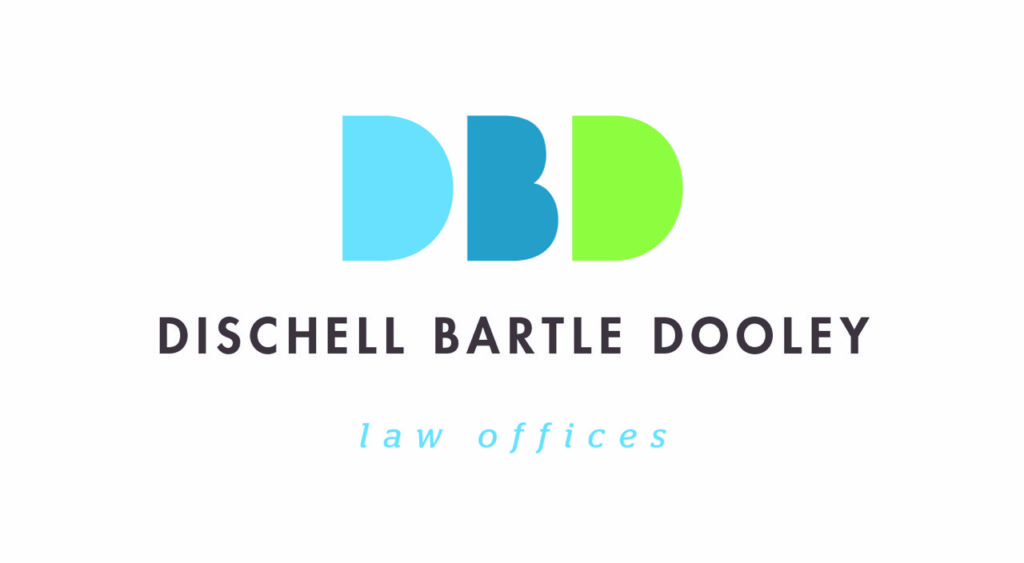Legal Matters: Who Pays for the Kids’ After-School Activities?

By Elizabeth J. Billies
With the summer winding down, it’s time to think about the upcoming school year and gulp: childcare, tuition, and after-school expenses. Do your children participate in after-school activities such as music lessons or sports? Do those activities cost money? If so, you may ask, who pays for those expenses if you are separated? Are they part of the basic child support order? In other words, how can I get my co-parent to chip in for these expenses?
It is no secret that children are expensive. And we are not just talking about feeding and clothing them. Luckily, in addition to determining basic support, the support court can (and will) also allocate additional child expenses between the parents. Examples of those additional expenses include:
- Childcare costs
- Health insurance premiums
- Unreimbursed medical expenses
- Summer camp expenses
- Private school expenses
- After-school activities
What are after-school activities?
Examples of after-school activities include equestrian activities, music lessons, dance lessons, community sports leagues, travel sports, boy/girl scouts, after-school clubs and racquet/swim club memberships. Really, anything that your child regularly participates in that is outside of school. It does not include vacations, trips to amusement parks, movie tickets, or video games.
What are the expenses for after-school activities?
Now that we know what an after-school activity is, what are the expenses for after-school activities? Well, this is where it gets a little murkier. Registration fees, tournament fees, lesson fees and membership dues are after-school expenses. In addition, any equipment or uniforms needed are also considered an expense.
And what is not (well, maybe not)?
Other costs such as transporting the child to the activity, meals out, snacks for the team, and hotel rooms for weekend tournaments are grey areas. If you are looking for your co-parent to contribute to those types of expenses for these after-school activities, you need to show both:
- How they are benefiting the child directly; and
- That they were required in order for the child to participate in the activity
In general, any costs associated with you attending these events (including gas, hotel rooms, and meals) are not going to be included.
If possible, discuss these costs and how you will handle them with your co-parent before incurring the expense. Also, be reasonable. Your co-parent is not going to contribute to the cost of chips from the snack bar during your child’s swim meet. Don’t ask.
What do I need to do to prove these expenses?
With all these expenses, remember to provide your attorney (or the court if you are representing yourself) evidence of the actual costs to be incurred. The court will want to see documentation of the actual expenses before they are going to order your co-parent to share in them.
So how do you do that? Bring both the registration/invoice documents and proof of payment. It’s usually not enough to show what the cost could be. You need to show what the actual price will be for your child.
How will the court decide if a school or after-school expense should be shared?
The court will generally allocate childcare, private school and extra-curricular expenses if there is a need for the expense and the expense is reasonable given the parent’s circumstances, both financial and otherwise. If the court finds the expense appropriate, the cost will be divided proportionately to the parties’ respective incomes.
How can co-parents allocate these expenses?
There are a few ways for co-parents to share in these costs. If the total expense is already known, then the payor’s (person paying support) share can be included in the support order as part of the total monthly support obligation.
Another option is for the court to order the payor to pay his or her portion of the expense directly to the school, childcare provider, or vendor when the expense is incurred. Direct payment is often a good idea if the cost fluctuates monthly or yearly. However, check with your provider that they are willing and, more important, able to take two sources of payment each billing period. Some providers require that payment only be made from one source/payment. If that is the case, the payor should make her payment to the other parent, who would then be responsible for satisfying the cost in full with the provider. If you select this option, please keep records of what you have paid/received, so there is no confusion (or allegations of nonpayment) later.
What if these expenses are not incurred year-round?
Although some school and after-school expenses are only incurred during part of the year (think of a baseball or soccer season), the court will generally divide the total amount over 12 months so that the monthly support order remains consistent. Again, if you opt for payment outside of the support order, then payment can be made when the expense is incurred.
What if you and your co-parent disagree about the school, childcare or after-school expenses?
Deciding where your children will go to school or what activities they participate in can be both a child custody and child support issue. If the parties disagree for reasons other than the expense, they will have to resolve that dispute in custody court. The court will generally examine whether the objection against the expense is reasonable.
If the issue is only cost, the court will determine whether the cost is appropriate given the parties’ finances. This argument is often made when discussing private school tuition or certain childcare options such as an au pair.
For example, what if one parent wants to send their child to a private school that costs more than half of what the parties collectively earn in a year? In that situation, the court is not going to order that the parties share in that expense. Alternatively, if the parties have the money and have sent their children to private school for many years, the court will find the cost reasonable and order it to be allocated commensurate with their incomes.
What should you do if you strongly want your child to participate in an after-school activity, but your co-parent is objecting, and you don’t want to go to court?
Sometimes an after-school expense is not financially worth going to court to fight over. Or, perhaps you are tired of the legal system and would prefer to resolve it outside of the legal process. What can you do then?
One option is to offer a different payment split other than 50/50 or a percentage consistent with your income. Another option is to offer to pay for one activity while your co-parent pays for another, less expensive one. While you may not be ordered to pay that larger share if you win in court, you must consider the legal fees you will spend to get your co-parent to contribute.
What if you are the parent that does not agree with the activity or school selection?
Remember, your reasoning must be reasonable. I know, there’s that word again. But in all seriousness, this is the court’s standard. The objection will not be successful if you do not have a good reason. Therefore, it may be better to save your disagreement (and legal fees) for another support or custody issue.
Also, remember that in child custody and support issues, there are going to be times that you will need your co-parent to agree to something that you want. Perhaps banking some goodwill with them is worth the after-school activity or school tuition cost. Above all, remember that reasonableness is the name of the game when it comes to saving money and your sanity during the divorce process.
Need some help with a child custody or child support issue involving after-school or school expenses? The family law attorneys at DBD can help.
_________

Elizabeth J. Billies, Partner
Liz practices all areas of family law, including but not limited to, preparing pre-and post-nuptial agreements, obtaining no-fault and fault divorces, as well as litigating and settling equitable distribution, custody, and support matters.
Her clients value her collaborative and cost-effective approach to legal representation. Liz strives to resolve all matters expeditiously and efficiently while maintaining a high level of compassion and attention to detail.
_________
The content provided in this article is for informational purposes and should not be relied on as legal advice. If you have questions on the topics discussed herein, you should consult an attorney. This article should not be construed as creating an attorney-client relationship.
The author disclaims any responsibility for any particular matter that affects your specific situation. Moreover, the content in this article may be dated or non-comprehensive, and the author is under no obligation to update the information included herein.
Connect With Your Community
Subscribe for stories that matter!
"*" indicates required fields





























